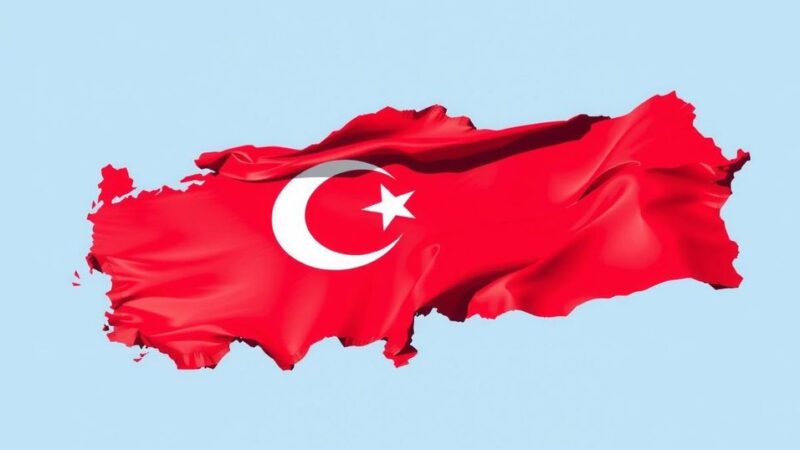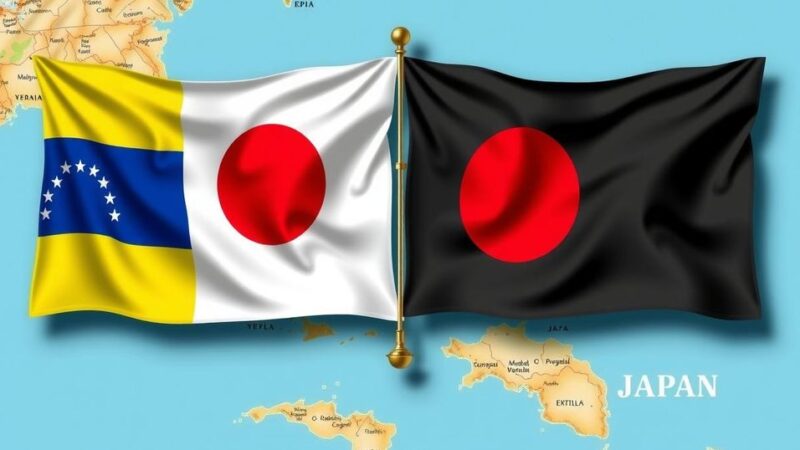Jordan reopened the Jaber border crossing with Syria on December 18, 2024, to facilitate the flow of goods after a brief closure due to security issues. The Minister of Industry, Yarub Qudah, plans to assess the crossing and review trade procedures. The crossing had previously been Jordan’s only active point with Syria since the 2011 conflict.
On December 18, 2024, Jordan officially reopened the Jaber border crossing with Syria after a brief closure prompted by security concerns. Yarub Qudah, the Minister of Industry, Trade and Supply, stated that this decision was made to enhance the movement of goods and freight traffic across the border, as reported by the Jordan News Agency, Petra. To further facilitate trade, Minister Qudah plans to visit the Jaber crossing and the Syrian-Jordanian Joint Free Zone to evaluate operational progress and review trade procedures. Previously, Syrian authorities had eliminated various fees at the border crossing to expedite processing. The Jaber crossing had limited operations since December 6, primarily allowing only the return of Jordanians from Syria. Prior to this closure, it served as Jordan’s sole active border crossing with Syria following the cessation of operations at the Ramtha crossing, which closed during the onset of the Syrian conflict in 2011.
The reopening of the Jaber border crossing is significant for both Jordan and Syria, especially in terms of trade and economic relations. Given the tumultuous past decade marked by conflict and border closures, the revival of operations at Jaber represents a positive shift towards increased commerce and cooperation between the two nations. The Jaber crossing has been pivotal for trade flows, and Jordan’s recent steps, including Syrian concessions on fees, underscore a mutual interest in stabilizing and strengthening bilateral trade relations after years of setbacks.
In summary, the reopening of the Jaber border crossing is a critical development in Jordan-Syria relations, aimed at improving trade dynamics. The visit from Minister Qudah to assess operations reflects Jordan’s commitment to facilitating economic exchange and trade stability. This action, coupled with the previous waiving of fees by Syrian authorities, indicates a shift toward greater collaboration between the two countries post-conflict.
Original Source: jordantimes.com






